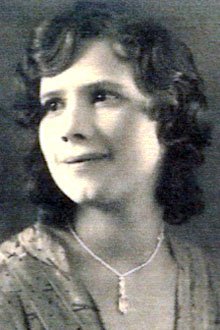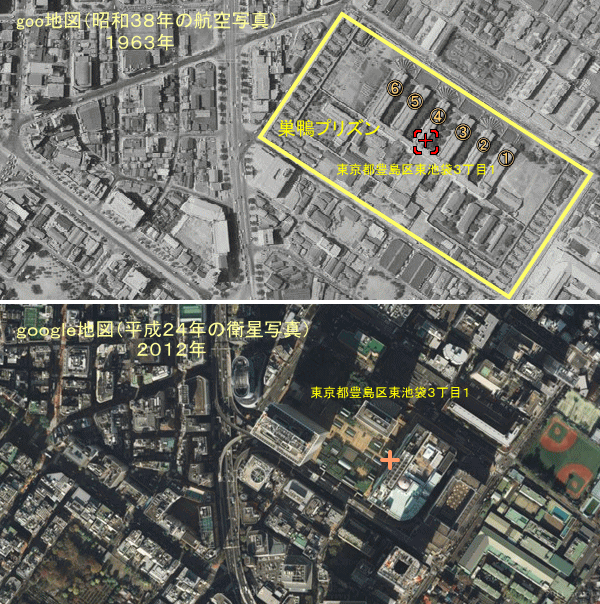The Resurrection
John was still falling through the cracks on the morning the
tomb was empty. He did not dare to reach for something to hold on to. He did
not dare search for a firm place to plant his feet. He ran instead. He ran like
a mad-man through the breaking morning until he stood still next to the open
grave. His rapid breath hung white and
empty like the dead-man's wrappings folded mockingly inside. His closed his
eyes, rapid heartbeat echoing in the mouth of the tomb in tandem with the
shuffle of Peter's feet inside.
On the walk back, Peter spoke fast and loud, somewhere
between incredulous and jubilant. John walked quietly and fisted his hands in
the sides of his clothing to slow the fall.
And then He came in the evening, and He smiled, and all the
falling stopped.
He came again and met them on the beach. He had died, and he
had walked through walls and now he made them breakfast like a carpenter for
his friends. He looked up at them, standing awkwardly and quietly at a distance,
and his eyes laughed. He drew them in close with his smile and his words and he
told them to eat with him.
For a moment everything was as it had been, except the marks
on the hands that passed John the bread.
“Does it hurt?” John asked, almost gasping, as he finally caught
his breath from the long fall.
The carpenter shifted in the sand to lean against him,
shoulder to shoulder with his head tipped back;
like death didn't
matter anymore and he would be there beside John forever.
Hope spread through the broken edges. Gulls wheeled above
their heads and the waves broke on the shore.
The Ascension
A little while later John stood on another hillside beside
his mother and watched Jesus rise through the clouds. His words stayed, echoing
in all the hopeful places where the cracks used to be, and John waited.
He waited until there was a sound of rushing wind, and all
that warmth, all of the campfires and the bright lights and the dusty sandals
cluttered together and that happy lean settled somewhere deep in his heart. It
spread through his bones like fire, bursting across his face and his eyes and
his hands and his feet. It poured out of his mouth and filled his mind with
songs that sounded like waves breaking on the beach and children who were
not dead anymore laughing; all the songs Jesus had sung humming through his
veins until his heart beat to their rhythm.
The Revelation
The years passed, and much, much later John was an old man
alone on a beach and waiting for death. In his heart, cracked hands passed him
bread and fish as the gulls wheeled above their heads. The bright lights and
resounding voices came, but in the midst of it all there was a gentle lean.







